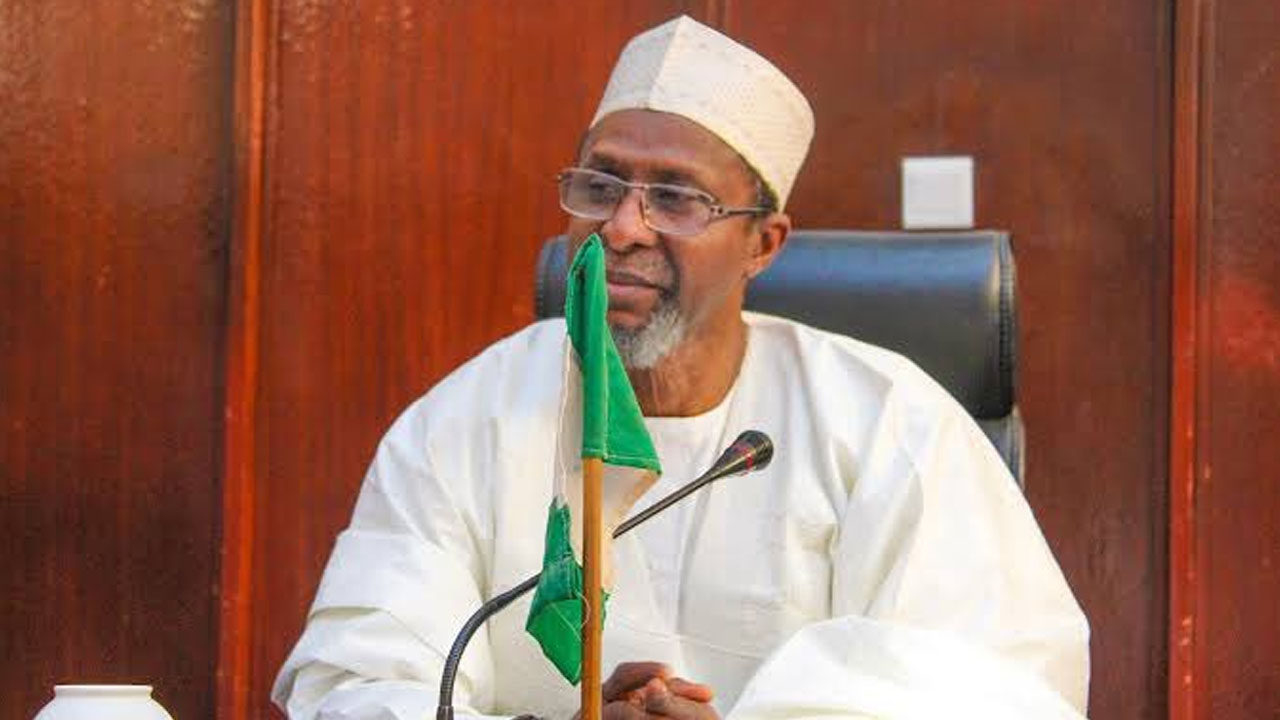The Federal Government has disclosed that desertification and land degradation now threaten the livelihoods of more than 40 million Nigerians, impacting 43 percent of the nation’s landmass.
This revelation was made during a national dialogue held in Abuja to mark the 2025 World Desertification and Drought Day. Themed “Restore the Land: Unlock the Opportunities”, the event was organised by the Centre for Journalism Innovation and Development (CJID) in partnership with the Federal Ministry of Environment.
Speaking on behalf of the Minister of Environment, Mr. Balarabe Lawal, the Ministry’s Permanent Secretary, Dr. Mahmud Kambari, described land degradation as a growing global crisis. He noted that Nigeria is one of many countries grappling with this challenge, which he said is already having serious implications for food production, water availability, and climate resilience.

According to the minister, desertification has claimed over two million hectares of land annually, contributing to the loss of 24 billion tonnes of fertile soil globally. He cited figures from the United Nations Convention to Combat Desertification (UNCCD), warning that to meet global food demands by 2030, more than 300 million hectares of productive land would be needed.
Lawal emphasized that sustainable land management was not only critical to halting land degradation but also to ensuring Nigeria’s economic stability, food security, and environmental health.
“Protecting and restoring our land resources is a foundational step towards meeting our national development goals,” he said.
Director of the Department of Desertification, Land Degradation, and Drought Management, Mrs. Regina Nwaneri, also addressed participants. She reiterated Nigeria’s commitment to the UNCCD goals but acknowledged that current restoration efforts were not at the scale necessary to address the magnitude of the problem.
She highlighted a major funding gap, citing UN data that estimates an investment of $1 billion daily would be required globally between 2025 and 2030 to combat land degradation effectively.
While acknowledging federal initiatives in land restoration and drought mitigation, Nwaneri stressed that more coordinated and large-scale action was needed.
CJID’s Senior Project Manager, Mr. Ifeanyi Chukwudi, shared insights into the centre’s efforts to support environmental advocacy and media coverage on desertification. He noted that the CJID had trained over 500 journalists across Nigeria and the Lake Chad region to report on land issues and drive awareness at the policy level.
Chukwudi also called on authorities to enforce environmental regulations and ensure that organisations exploiting natural resources do so responsibly and with proper assessments.
“The urgency of this issue cannot be overstated. It is time for stronger accountability and a coordinated response that involves all sectors,” he said.




